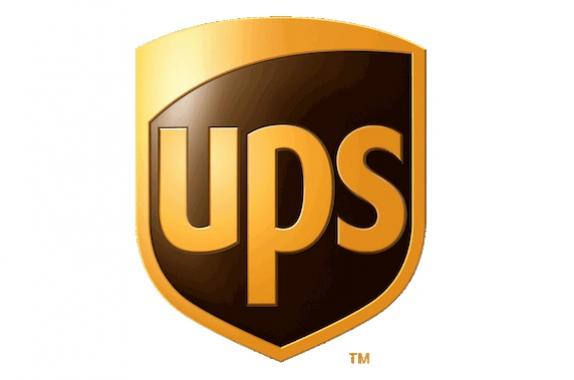Living Off the Grid
Our friends at Survival Cave Food have this to say about Living off the Grid:
Living off the grid
After a few decades of living in the US, many people begin to fantasize about living off the grid – no social media, no computers, no TV, etc. Though most people get out of their off-the-grid fantasy land, some decide to go through with it. But how do they do it?
First step is actually wanting it. Yes, we understand that you don’t want to have to pay your trash and sewer bills anymore, but is it reason enough to abandon your old life? If you have any doubts, don’t bother – you’ll start to hate all the extra work. Also, everyone thinks living off the grid is cheaper, which it is… eventually. It takes time and money to convert your power source and get all the tools and know-how you need to completely live off the grid. If you really want to live off the grid, you’ll need to know a few things.
You probably need a power system. If you want to, you can live in a shack with no electricity or running water, but most people need the basic amenities. If you want power, you have to think about where your home is going to be. If it’s in a forest, you may run into some trouble using wind power as your source because the tall trees block a lot of the wind. Trees also cause issues with solar power because they block some of the energy. Calm or cloudy days usually leave you with a lot less power if you’re using solar or wind power systems. If you’re lucky enough to live by an all-season river or creek, you can use hydropower. To conserve power, however, you should burn wood and use propane for things like stoves and water heating. It’s a good idea to have a back-up generator around for emergencies.
You’ll definitely need a water collecting system. You’ll need a well, complete with a drilled well, water pump, and a water storage tank. You have to remember to test and treat your water often, though, because some water sources can become tainted. You may also want to invest in rain barrels for extra water, especially if you garden. If you live by a stream or river, you can collect water from there, but you must have an up-to-date purification system so you don’t drink tainted water.
Waste disposal will quickly prove important once you move off-the-grid. You need to check what the regulations are in your area, because if you violate the regulations, even while living off the grid, someone will find and fine you. Plus, if you’re doing it wrong, you’ll need to correct it because it’s not safe to dispose waste improperly. Most likely you’ll need to get a septic tank or a compost toilet, both of which require a lot of maintenance. Any waste disposal system will take a lot of maintenance.
You need transportation. Don’t think that just because you live away from modern society that you won’t someday have some sort of emergency. Whether there’s a natural disaster or a medical emergency, someday you’ll have to leave your precious home. So keep a car or at least a bike around. Camper vans are extra helpful, especially if you want to explore your surroundings more. You want to live in the wilderness, not get stuck in it.
Be prepared. Have extra food and water storage. You’re far from civilization and help is not always so easily accessible. If you are prepared and knowledgeable, then you’ll be fine. Have safety-kits, have a medical book around, and maybe even an emergency phone.
Sustainable gardening is always nice. If you live far from most grocery stores, most likely you won’t be too keen on going there too often. Or ever. So, if you want to avoid the Vons, try sustainable gardening. Growing your own food is cheaper and usually tastes better. It does take a lot of work and time, but it’s worth it in the end. If you really do it right, you can make your own ecosystem that doesn’t really need any attention from you at all.








